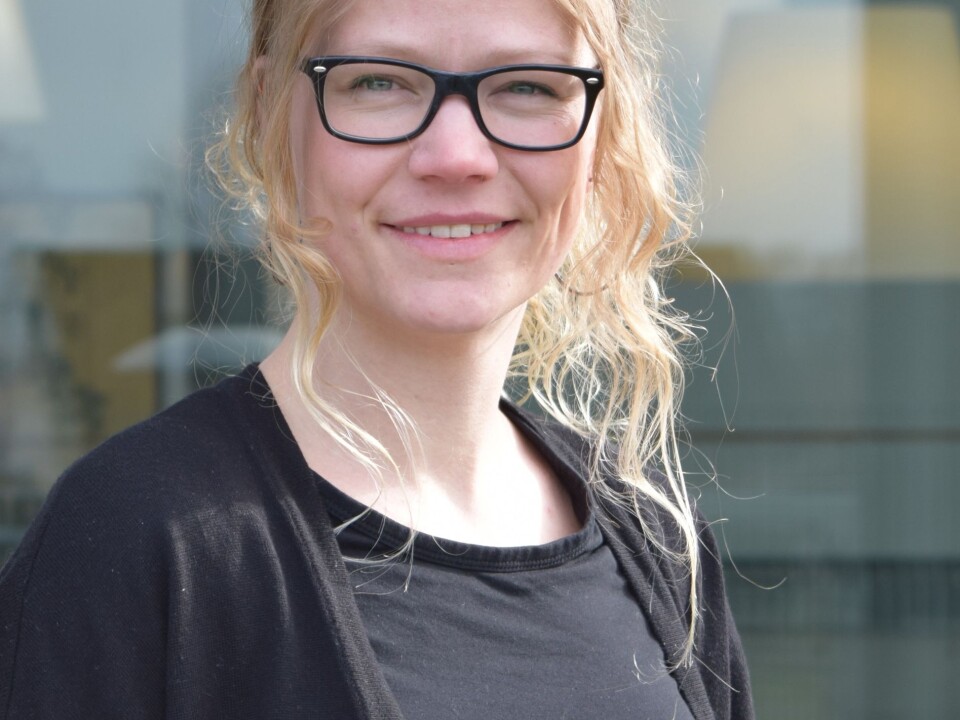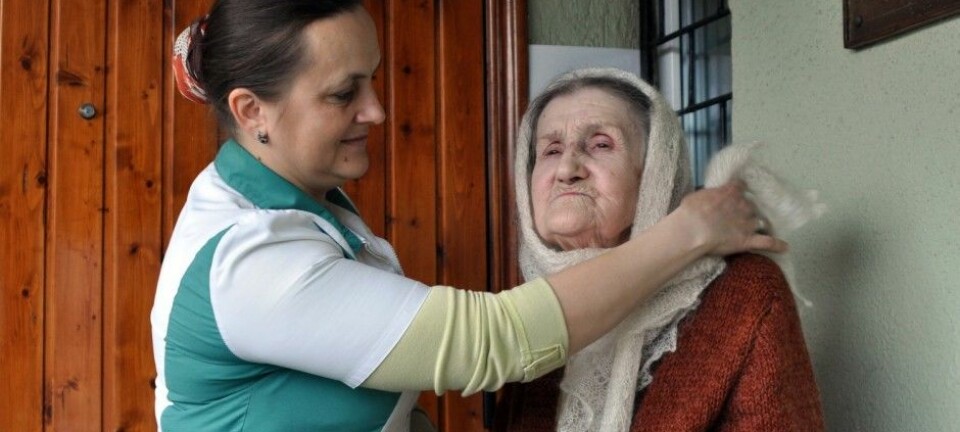This article was produced and financed by University of Stavanger

Cooperation at the expense of society
In an experiment, women were shown to be more likely to conspire than men, even when this was not in the best interests of society.
Denne artikkelen er over ti år gammel og kan inneholde utdatert informasjon.
Cooperation is generally regarded as positive and is often in the best interests of society. However, collusion and corruption are also types of cooperation – a secret or illegal cooperation, the purpose of which is to gain additional profit at other's expense.
Companies can co-operate by coordinating on increasing prices, reducing production, or reducing quality to increase profits. This will generally have negative consequences for customers. Workers can also coordinate on providing low effort or by leaving work early. This will disadvantage companies and, ultimately, their customers.
What distinguishes collusion and corruption from normal cooperation is that the gains achieved come at the expense of customers.
In a doctoral thesis, Åshild Auglænd Johnsen considers social preferences and cooperation when it is at someone else's expense. In an experiment where the gains from cooperation were at the expense of the public, the women cooperated more than men.

"In my experiment, cooperation increases when it is at the expense of the public. The results are due to the female participants, who "conspire" more when the gains from cooperation are at the expense of the public, compared to a situation when it is not.", says Johnsen, who defended her thesis at the University of Stavanger (UiS) Business School in March this year.
What influences corruption?
In the 1990s, an international cartel within the animal foodstuffs sector was revealed. The FBI bugged the cartel's secret meeting and recorded the following statement from one of the cartel's members: "Our competitors are our friends. Our customers are our enemies."
"This statement indicates that the member of the cartel understood that financial profit occurs at the customers' expense. This shows that corruption is not just about profit, but also that social relations play a role in illegal financial cooperation", Johnsen says.
Johnsen has studied trust and co-operation by using controlled experiments.
In the experiment about collusion, Johnsen allowed the participants to play two versions of the prisoner's dilemma game. In the classic prisoner's dilemma game, both participants stand to gain most –— e.g. they get NOK 40 each when they both co-operate. However, a participant who does not co-operate gets NOK 50, while the other participant, who did want to co-operate, gets NOK 12 – —a lot less. Trying to co-operate, therefore, is risky. If neither of the participants co-operate, they each get NOK 25.
Faced with these choices, participants chose whether or not to co-operate, and for how long.
Cooperation that negatively affects society
Johnsen compared this classic prisoner's game with a version where the participants contributed to the public when they chose not to co-operate. The hypothesis was that this should lead to reduced cooperation, as not cooperating now also means that they are making a positive contribution to the public. The public was represented by a student organization at the university.
"Instead, I observed that cooperation is strengthened when it negatively affects the public. The participants choose to co-operate more frequently and for a longer period of time when the cooperation negatively affects a third party.
She refers to several theories that may explain these findings.
"One theory is that relationships that are formed through corrupt cooperation are stronger than normal relationships.", ", says Johnsen.
An example of this is where colleagues work together to steal from a company. They develop a closer bond than they would by just doing their job as normal.
Another possible explanation is that, up to a certain point, people make "morally-correct" decisions and develop a good conscience. They can then make immoral decisions for their own benefit."
This is consistent with Johnsen's experiment, which showed that fewer people conspire in the initial phase, but that conspiracies gradually increase as people gain more experience.
Surprising gender differences
When Johnsen broke down the results according to gender, it became clear that the results were primarily driven by women, who cooperated more when it was at the expense of the public.
The researcher explained that men co-operated more than women in the classic prisoner's game, while women were more willing to co-operate in the game when the cooperation had a negative effect on society. It was among women that cooperation became stronger among when it negatively affected society", the researcher points out.
Johnsen presents a possible explanation as to why women come out worst in this experiment:
"There are theories that men prefer large networks with several weak relationships, while women prefer close networks with a few strong relationships. When women can choose close cooperation with a partner, they opt for this at the expense of a third party."
-------------------------------------
Read the Norwegian version of this article at forskning.no



































